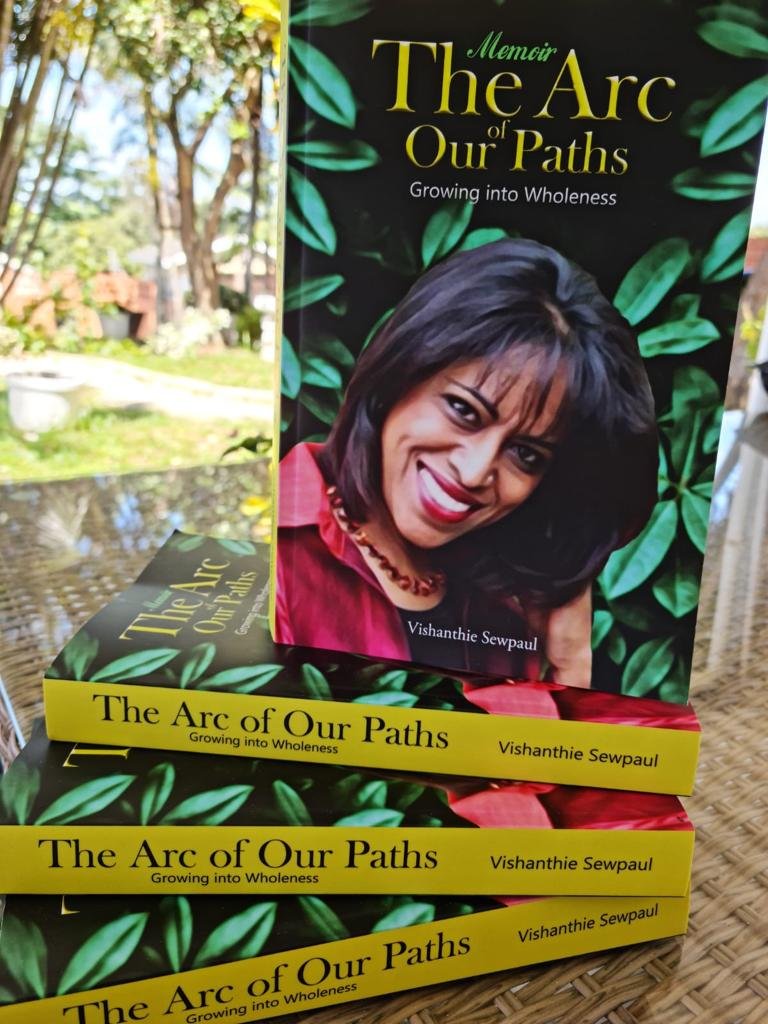Situating NORWEL within a Global Context
Published: 19. September 2022

Situating NORWELL within a Global Context
Vishanthie Sewpaul is Professor Emerita at the University of Kwa Zulu Nathal in South Africa and currently Adjunct Professor at University of Stavanger, Norway. As one of the leading scientists in social work, with a more than impressive academic track record and as a member of the International Advisory board in NORWEL, we asked her about her thoughts on the role of NORWEL as the world’s first research school for PhD-students in social work, in relation to the international organizations for social workers.
NORWEL, established as a research school of excellence for PhD-students in social work and child welfare, based on the principles of research integrity, stakeholder participation and end-user relevance, does not exist in isolation. Its main objective, to strengthen PhD education and research to be responsive to the most pressing needs of society, can only be achieved in the spirit of collaboration at local, national, regional and global levels. There is synergy between the objectives of NORWEL and key global social work and social development bodies such as the International Association of Schools of Social Work (IASSW), the International Council on Social Welfare (ICSW) and The International Federation of Social Workers (IFSW) in their common pursuit of achieving the UN 2030 Sustainable Development Goals.
The IASSW, ICSW and the IFSW have a common history. Each was born from a gathering of over 5000 people who met in Paris in 1928 to launch the global social work profession. Since then, the three organisations have each grown to represent different parts of the social work or social welfare traditions, and they work in close collaboration with each other on a range of policy, education, research and practice issues. They also represent the profession at the United Nations. A global conference is organised by the IASSW, ICSW and IFSW on a biennial basis, hosted by their national representatives. The next joint Global Social Work, Education and Social Development Conference will be held in Panama from 4 – 7 April 2024.
The IASSW and IFSW jointly developed the Global Standards for Social Work Education and Training, the Global Definition of Social Work, and the Global Social Work Statement of Ethical Principles – key policy documents that guide social work education, research and practice across the globe. The co-sponsored journal International Social Work, published by Sage, disseminates global research. In 2012, the IASSW, ICSW and IFSW committed to the Global Agenda for Social Work and Social Development – a statement of policy priorities and agenda for action globally and locally. This document guides the work of each of the association’s representatives with the United Nations in New York and Geneva.
The 2020-2030 Global Agenda for Social Work and Social Development framework is: CO-BUILDING INCLUSIVE SOCIAL TRANSFORMATION, with the first 2020-2022 theme being: Ubuntu: Strengthening Social Solidarity and Global Connectedness. Aligned with the framework is the 2022-2024 theme: Co-building an eco-social world: Leaving no one behind.
While Ubuntu is primarily associated with South Africa, popularised by the greatness of Nelson Mandela and Archbishop Desmond Tutu, it has gained Pan-African and global appeal. Although not by the same word, the idea of Ubuntu exists in almost all African and non-African languages and cultures. Ubuntu asserts “I am because we are.” It embraces a “we-centredness” where we accord the unique Other that priority assigned to the Self, as theorists such as Emmanuel Levinas and Zygmunt Bauman assert. Ubuntu recognises the inter-dependencies among us a human beings, between people and all other species, and between people and the environment. Co-building an eco-social world means socio-economic and political reordering, and a reimagination of thought and attitudeto ensure people and planetary flourishing. It means respecting and responding to the dignity of all peoples, irrespective race, caste, class, gender, nationality, language, sexual orientation, or disability, recognising that such dignity is reflective of the divinity that exists in all. It requires a shift from egocentric and ethnocentric worldviews towards a cosmocentric, Ubuntu worldview.
The People’s Charter for an Eco-social World, an outcome of the Global People’s Summit held between 29 June and 2 July 2022, that was supported by 26 global organisations (spearheaded by the IFSW) details a utopian world that we envision, and bringing all people on board to co-create that world based on value premises that underscore: ”Love and care for people and the planet, responsibilities and holistic rights; respect, dignity, harmony and social justice; diversity, belonging, reciprocity and equity; Ubuntu, togetherness, accountability and community; and solidarity, equality, inclusion and collaboration.” The implications of this for a sustainable future is elucidated as: co-developing reciprocity; co-building peace; co-living with nature; co-creating social justice; and co-realising equality.
It has a section on what we can alldo, with the following calls to action:
- Ecological integrity: From exploitation to recognising the rights of nature for sustainable co-existence
- Economic reform: From measuring economies by profit to sustainable wellbeing societies
- International solidarity: From national introspection to global cooperation
- Employment and work: From being undervalued to being recognised with dignified working conditions
- State social protection: From reactive public spending to public investment in wellbeing.
The People’s Charter for an Eco-social World represents utopian ideals. The reality is that we are living in a world divided, where planetary and social imbalances exacerbate each other. Global social problems like racism, sexism, xenophobia, narrow nationalism, neoliberal racialized capitalism, wars and conflicts, and climate change have a way of seeping into the lives of individuals, families and communities – spaces that social workers, childcare workers and other social development practitioners work in. NORWEL is conceptualized and designed to equip PhD scholars with the value orientations, knowledge, skills and research expertise to respond to situational life concerns at multiple system levels, particularly at the intersection between the micro and the macro, as scholars recognize how the infra-politics of power manifest in the daily struggles of individuals, families and local communities.
